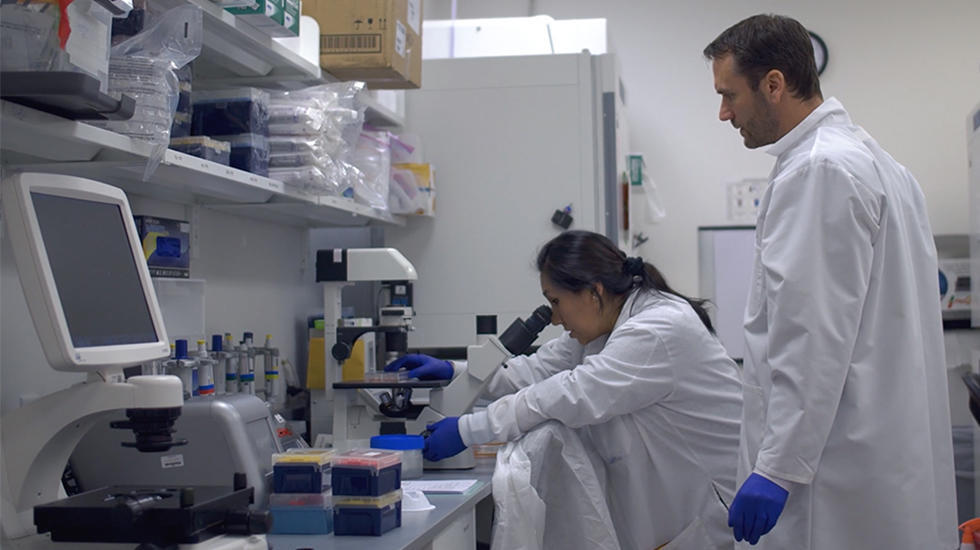In recent years, regenerative medicine has emerged as a groundbreaking field that promises to revolutionize healthcare as we know it. With its potential to repair, replace, or regenerate damaged tissues and organs, regenerative medicine offers hope to millions of patients worldwide. The Regenerative Medicine Research Program represents a beacon of innovation and promise, ushering in a new era in healthcare. Regenerative medicine, at its core, is based on the principles of harnessing the body’s innate ability to heal and regenerate itself. The field encompasses a variety of approaches, including stem cell therapy, tissue engineering, gene therapy, and more, all aimed at restoring function to damaged or degenerated tissues. This groundbreaking area of research is transforming the way we approach chronic diseases, traumatic injuries, and age-related degeneration. One of the most exciting aspects of regenerative medicine is its potential to provide long-term solutions to conditions that were previously considered untreatable. For example, patients with severe heart disease, spinal cord injuries, or degenerative neurological disorders may now have a glimmer of hope.

Stem cell therapy, a key component of regenerative medicine, has demonstrated the ability to repair damaged heart tissue, restore lost motor function, and even regenerate neurons in animal models. As research in the field advances, these therapies could become a reality for patients, dramatically improving their quality of life. The Regenerative Medicine Research Program is at the forefront of this groundbreaking science. Comprised of interdisciplinary teams of scientists, clinicians, and bioengineers, the program is dedicated to translating scientific discoveries into tangible treatments and therapies. These collaborative efforts are essential in moving regenerative medicine from the lab bench to the bedside, providing patients with cutting-edge treatments that were once the stuff of science fiction. One of the most notable breakthroughs in regenerative medicine is the successful generation of lab-grown organs and tissues through tissue engineering. Researchers are now able to create functional organs like hearts, kidneys, and even skin in the lab and click here. These artificially generated tissues hold tremendous potential for transplant patients who have long been on waiting lists for suitable donors. With further refinement, this technology could alleviate the shortage of organ donors and save countless lives.
The Regenerative Medicine Research Program is also committed to exploring the ethical and regulatory aspects of these breakthroughs. Safety, ethics, and patient consent are integral to the program’s mission. This ensures that the research is conducted responsibly and that any treatments developed are held to the highest standards of safety and efficacy. Moreover, the program is deeply invested in personalized medicine. By leveraging advances in genomics and precision medicine, researchers can tailor regenerative therapies to individual patients, increasing their chances of success. This personalized approach holds the promise of more effective treatments with fewer side effects, ultimately improving patient outcomes. Regenerative medicine is not limited to treating diseases and injuries it also has the potential to slow down the aging process. Aging is a natural biological phenomenon, but regenerative medicine can help mitigate some of its more debilitating effects. The research program is actively exploring how regenerative techniques can enhance the body’s natural ability to repair and renew, thereby extending the healthspan and improving the overall well-being of individuals as they age.
